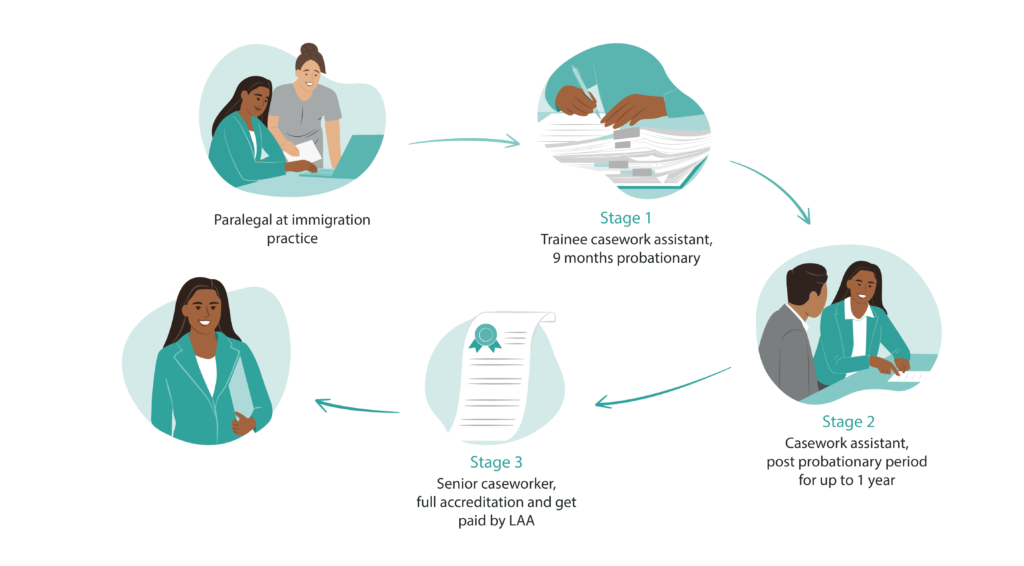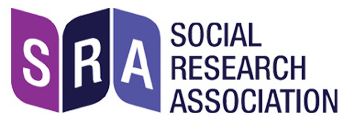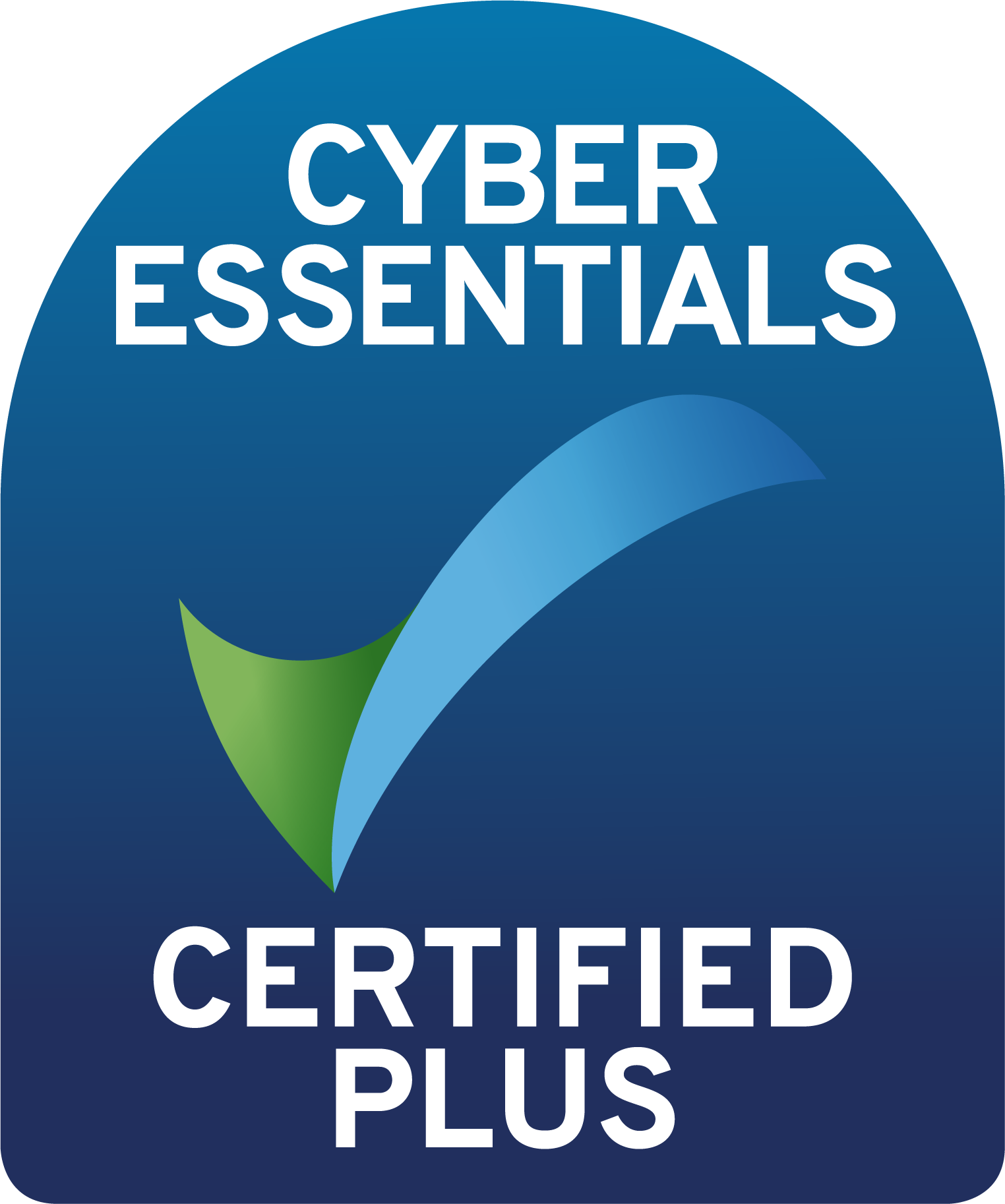Refugee week is upon us, and it couldn’t be timelier. The number of people seeking refugee and asylum status globally has worryingly ballooned over the last 10 years.
According to the UNHCR estimates, by mid-2022, there were about 109 million forcibly displaced people worldwide.
In 2011, the UK received approx. 25,000 asylum claims and in 2022, this number increased to 74,751 according to the Refugee Council. In 2009, the Home Office backlog stood at approx. 19,000 cases, but by the end of 2022, this surged to 132,182 according to The Migration Observatory
So, what are the reasons?
There are multiple intersecting factors at play here. Successive budget cuts and lack of political will, Covid 19, more people seeking asylum due to instability around the world, Home Office inefficiencies, eroding legal aid, the list goes on and there is no one easy solution to the crisis.
Exacerbating this fragile situation is also the shortage of immigration practitioners. Over the last 20 years, the number of immigration legal practices has dwindled. Seen as financially unviable and overly complex with less scope for positive outcomes, only a handful of law firms are offering immigration advice, and it’s now mainly being offered by charities, NGOs, and pro-bono organisations.
Yet there are some fantastic opportunities out there and if you are the type of person that really wants to make a difference and have the intellectual thirst to master one of the most technical areas of law, then you should really think about qualifying as an immigration law practitioner.
According to recent research by Oxford University, by the end of 2021, the UK had the second-largest asylum case backlog in Europe after Germany. This backlog is driven in part by the lack of accredited immigration practitioners, prolonging the impact suffered by already traumatised asylum seekers.
At LawQWE, we have a number of great immigration paralegal roles for aspiring lawyers looking to work in this area.
Once you are affiliated to an organisation, there is the possibility of gaining immigration accreditation. Immigration and Asylum Law Accreditation is open to paralegals employed at a practice or an organisation that is regulated by the Office of the Immigration Services Commissioner (OISC) or the Solicitors Regulation Authority (SRA). The accreditation covers all immigration work that can be done under a Legal Aid Agency (LAA) contract and used as a quality mark for privately funded work.
For this Refugee Week, think about a career in Immigration law!





